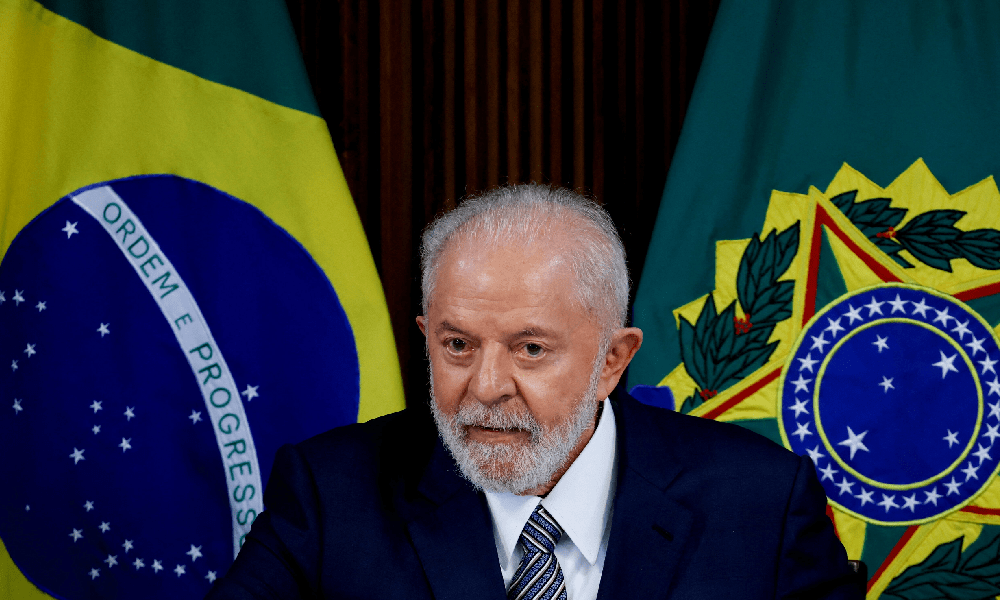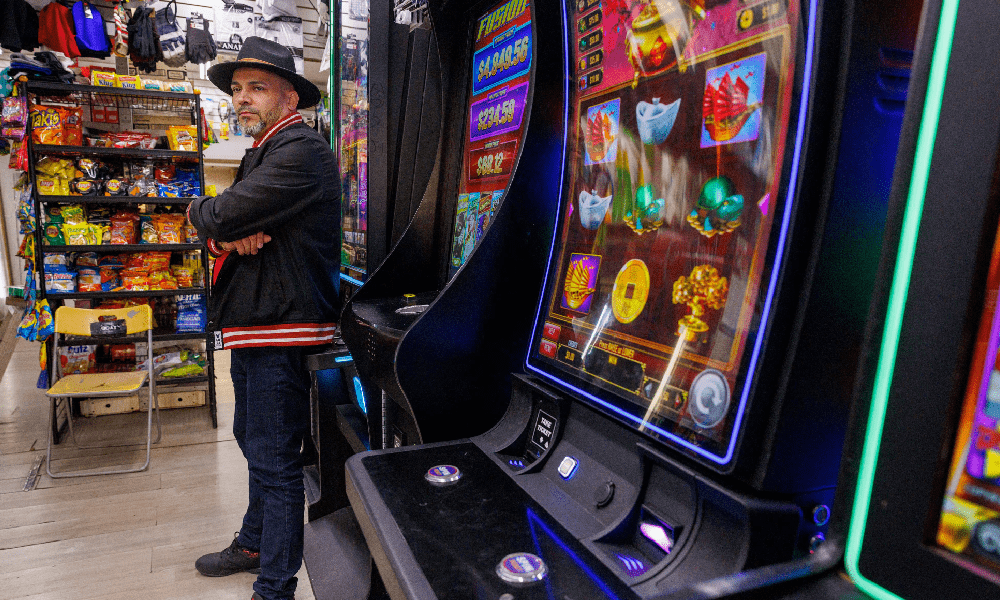The gaming measure that governs online casinos and sports betting has been approved by Brazil's Chamber of Deputies.
Gambling in Brazil
Brazil is home to the tenth biggest economy in the world, and the lengthy road to regulating online gambling has finally reached a final hurdle with the bill's ratification.
Replacing the provisional measure (PM) issued by president Luiz Inácio Lula da Silva in July, Bill 3,626/23 underwent multiple revisions from its original presentation yesterday by deputy Adolfo Viana, the bill's rapporteur.
Still, alongside sports betting, the measure legalises online casinos. A particular exemption from the new regulations ensures that betting on fantasy sports will continue to be unlawful.
Adolfo Vizana, a deputy, introduces a revised bill.
Next, it will be considered by the Federal Senate, which will have 45 days to provide feedback.
Unauthorised foreign operators cannot get licenses
The proposed law differs from the PM in that it would prohibit foreign corporations from providing regulated gambling. The only companies that can legally do business in Brazil are those who have their main offices and administrative staff located in Brazil.
How much of a hurdle this actually is for international operators is anybody's guess. In order to meet the regulations, businesses may have to use a local hero or subsidiary to enter the country.
Additionally, operators must meet a number of technical standards, including having a minimum share capital value, being a member of a sports integrity authority, and passing a battery of exams.
Company income tax to be 18%
The revenue tax of 18% is still in effect. Experts have pointed out that when other factors are taken into consideration, this number increases to 31-34%.
There has been a change from Viana's proposal yesterday on the percentages of gaming proceeds to be distributed among the various causes.
Social security will now receive 2% of the proceeds, down from 10%. In the meantime, the Ministry of Education will receive 1.82%, sports will receive 6.63%, and the tourism industry will receive 5.00%.
And the licence charge remains the same at R30 million (£4.89 million, €5.69 million, or $6.10 million). An operator can only offer gaming through one betting app per payment; if they want to offer more, they'll need to get another licensing. A reduction from five to three years is also included in the licence term in the bill.
Implementing policies, processes, and internal controls to combat terrorist financing and anti-money laundering is also mandated by the bill. Businesses also have a responsibility to follow safer gambling regulations.
Preventing bonus bets
Bonus bets offered to clients by operators, even as part of promotions, would likewise be prohibited by the proposed rule. Businesses are also prohibited from providing credit lines to bettors by the bill.
No business can run ads under the new regulations unless they have a licence. Released advertisements must also adhere to the new standards. Following a directive from the ministry of finance, businesses, ISPs, and websites are obligated to remove any ad that is shown to violate these criteria.
The bill also forbids the operator's upper management from making wagers. Anyone participating in athletic competitions, being a regulator, or being under the age of 18 is also not allowed.
New regulations for payments to combat the black market
New payment rules to curb offshore gaming are also part of the measure. To provide payment services, only financial institutions approved by the Central Bank may do so.
Any player's funds must go through a Brazilian bank in order to be withdrawn from their betting account.
Breakthrough in Brazil's quest to legalise internet gambling
The bill's approval is the most recent development in Brazil's protracted effort to establish gambling regulations.
Federal Law No. 13,756/18, passed by the Federal Senate in 2018, aimed at regulating fixed-odds sports betting.
The government has four years from the time the law was passed to draft the regulations through SECAP (the secretariat of evaluation, planning, energy, and lottery).
Since 2018, Brazil's path to regulation has been fraught with difficulties.
Years of hard work were cast into doubt when outgoing president Jair Messias Bolsonaro refused to sign off on the new rules right before the finish line.
However, Lula, who was more accommodating to businesses, became president following Bolsonaro's defeat. Lula was not as outspoken in his support of the sector after becoming embroiled in a gambling incident in 2007.
Regardless, a lot of people were hoping that the new leader would legislate sports betting so that more money might go towards social programs.
He accomplished this in July when his administration issued the PM that standardised sports betting across the country. Nevertheless, the country's Congress must approve a prime minister (PM) within 120 days if it is to be permanent.
This journey has reached a significant milestone with the bill's ratification by the Chamber of Deputies. Legalising internet gambling in Brazil is now contingent upon its passage by the Federal Senate.





















